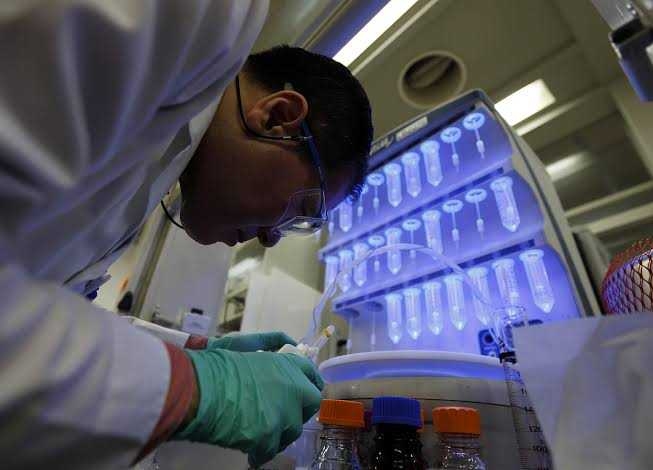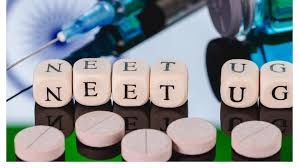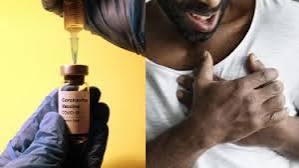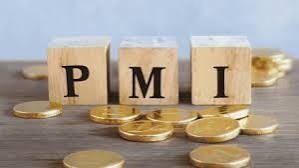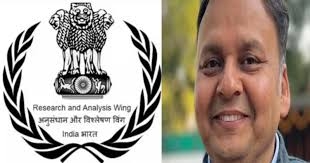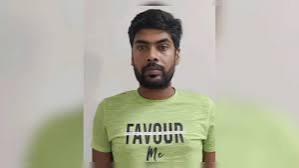Researchers, led by an Indian scientist, have developed a cheap, electricity free centrifuge to separate components in patient saliva samples for the detection of the novel coronavirus, an advance that may increase accessibility of COVID-19 diagnostics in poor regions of the world.
According to the scientists, including Manu Prakash from Stanford University in the US, the ‘Handyfuge’ device spins sample-containing tubes at very high speeds, enough to separate the virus genome from patient saliva samples, without needing electricity.
They said the cheap centrifuge, described in a yet-to-be peer-reviewed study published in the platform medRxiv, can be assembled using readily available components for a cost less than five USD per unit.
It can allow clinicians and scientists to carry out a quick and cheap diagnostic technique called the LAMP assay to detect the presence of the novel coronavirus genome in patient saliva samples, the scientists noted.
The LAMP protocol, according to the researchers, “has the benefits of being simple, requiring no specialised equipment, rapid, requiring less than an hour from sample collection to readout, and cheap, costing around one dollar per reaction using commercial reagents.”
Researchers, led by an Indian scientist, have developed a cheap, electricity free centrifuge to separate components in patient saliva samples for the detection of the novel coronavirus, an advance that may increase accessibility of COVID-19 diagnostics in poor regions of the world.
According to the scientists, including Manu Prakash from Stanford University in the US, the ‘Handyfuge’ device spins sample-containing tubes at very high speeds, enough to separate the virus genome from patient saliva samples, without needing electricity.
They said the cheap centrifuge, described in a yet-to-be peer-reviewed study published in the platform medRxiv, can be assembled using readily available components for a cost less than five USD per unit.
It can allow clinicians and scientists to carry out a quick and cheap diagnostic technique called the LAMP assay to detect the presence of the novel coronavirus genome in patient saliva samples, the scientists noted.
The LAMP protocol, according to the researchers, “has the benefits of being simple, requiring no specialised equipment, rapid, requiring less than an hour from sample collection to readout, and cheap, costing around one dollar per reaction using commercial reagents.”








